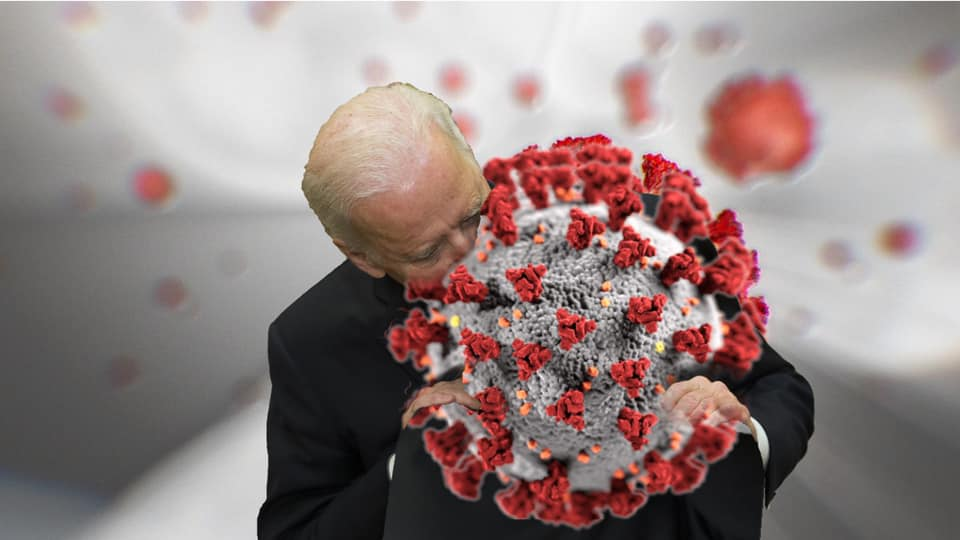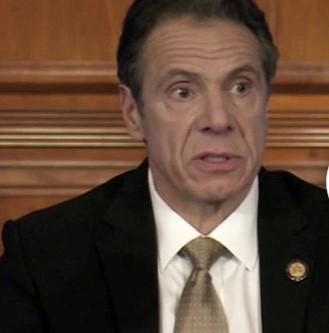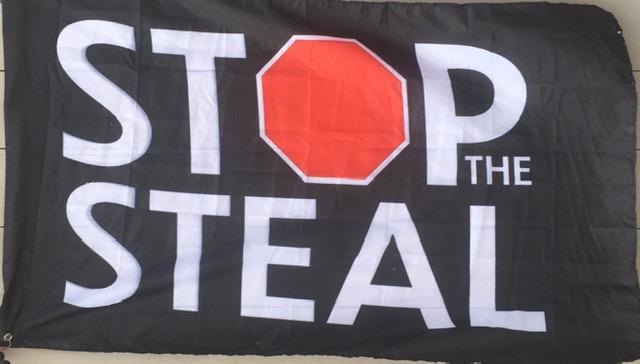Governor Kemp signed into law a new voting right legislation. Even before it was inked the minority rabble rousers yelled foul. This was the sign of their pea brains in low gear operation. The law, if read in its full text reveals that instead of suppressing voters rights, it actually opened up the state to more voters through easy access. The legislation also provided sanctity and security to the vote. They yelled Jim Crow. Probably the majority of them had no idea who he was.
In practice, Jim Crow laws mandated racial segregation in all public facilities in the states of the former Confederate States of America and in some others, beginning in the 1870s. Jim Crow laws were upheld in 1896 in the case of Plessy vs. Ferguson, in which the U.S. Supreme Court laid out its “separate but equal” legal doctrine for facilities for African Americans. Moreover, public education had essentially been segregated since its establishment in most of the South after the Civil War in 1861–65.
Georgia voters will have to follow new election rules. State Republicans there passed a sweeping elections bill that limits mail-in voting and changes absentee and early voting. Governor Brian Kemp signed the legislation into law last night.
Changes to absentee voting
Mail-in absentee voting will look the most different for voters, especially after 1.3 million people used that method in the November general election. Voters over 65, with a disability, in the military or who live overseas will still be able to apply once for a ballot and automatically receive one the rest of an election cycle. But the earliest voters can request a mail-in ballot will be 11 weeks before an election instead of 180 days — less than half as much time.
The final deadline to complete an application is moved earlier, too. Instead of returning an application by the Friday before election day, SB 202 now backs it up to two Fridays before. Republican sponsors of the bill and local elections officials say this will cut down on the number of ballots rejected for coming in late because of the tight turnaround.
Counties will also begin mailing out absentee ballots about three weeks later than before, starting four weeks before the election.
Requesting and returning a ballot will also require new ID rules: either your driver’s license number, state ID number or, if you don’t have those, a copy of acceptable voter ID. The law also allows for applications to be returned online, after the Secretary of State’s office launched an online request portal using your driver’s license number or state ID number ahead of November’s general election.
Poll workers will use that information, plus your name, date of birth and address, to verify your identity, and you will sign an oath swearing that everything is correct. This is a change from recent procedure that would check your signature on the application with those on file.
The actual absentee ballot and envelopes will look different, as well. SB 202 requires absentee ballots to be printed on special security paper, and your precinct name will now be included along with precinct ID printed at the top. Once you fill out your choices by filling in the circles for your choices, you will place it in an envelope that will have your name, signature, driver’s license or state ID number (or last four digits of your Social Security number) and date of birth. The envelope will be designed so that sensitive personal information will be hidden once it is sealed.
Changes to early voting
One of the biggest changes in the bill would expand early voting access for most counties, adding an additional mandatory Saturday and formally codifying Sunday voting hours as optional. Counties can have early voting open as long as 7 a.m. to 7 p.m., or 9 a.m. to 5 p.m. at minimum. If you live in a larger metropolitan county, you might not notice a change. For most other counties, you will have an extra weekend day, and your weekday early voting hours will likely be longer.
Another new rule that affects both in-person early voting and election day voting would prohibit anyone except poll workers from handing out water to voters in line, and outlaw passing out food and water to voters within 150 feet of the building that serves as a poll, inside a polling place or within 25 feet of any voter standing in line. Depending on the location, it is still possible for third-party groups to have food and water available — and it is possible for the lines to extend beyond 150 feet.
So, one of the biggest complaints concerns water. WATER, we say. Never in our life did we see anyone passing out water at a polling place. If you need water or anticipate the need for water, bring your own. The liptards tirade on the bucket brigade relates to them buying votes by wetting the beak of potential voters. BRING YOUR OWN WATER ON ELECTION DAY. THAT IS IT. YOU CAN’T FIX STUPID.
















